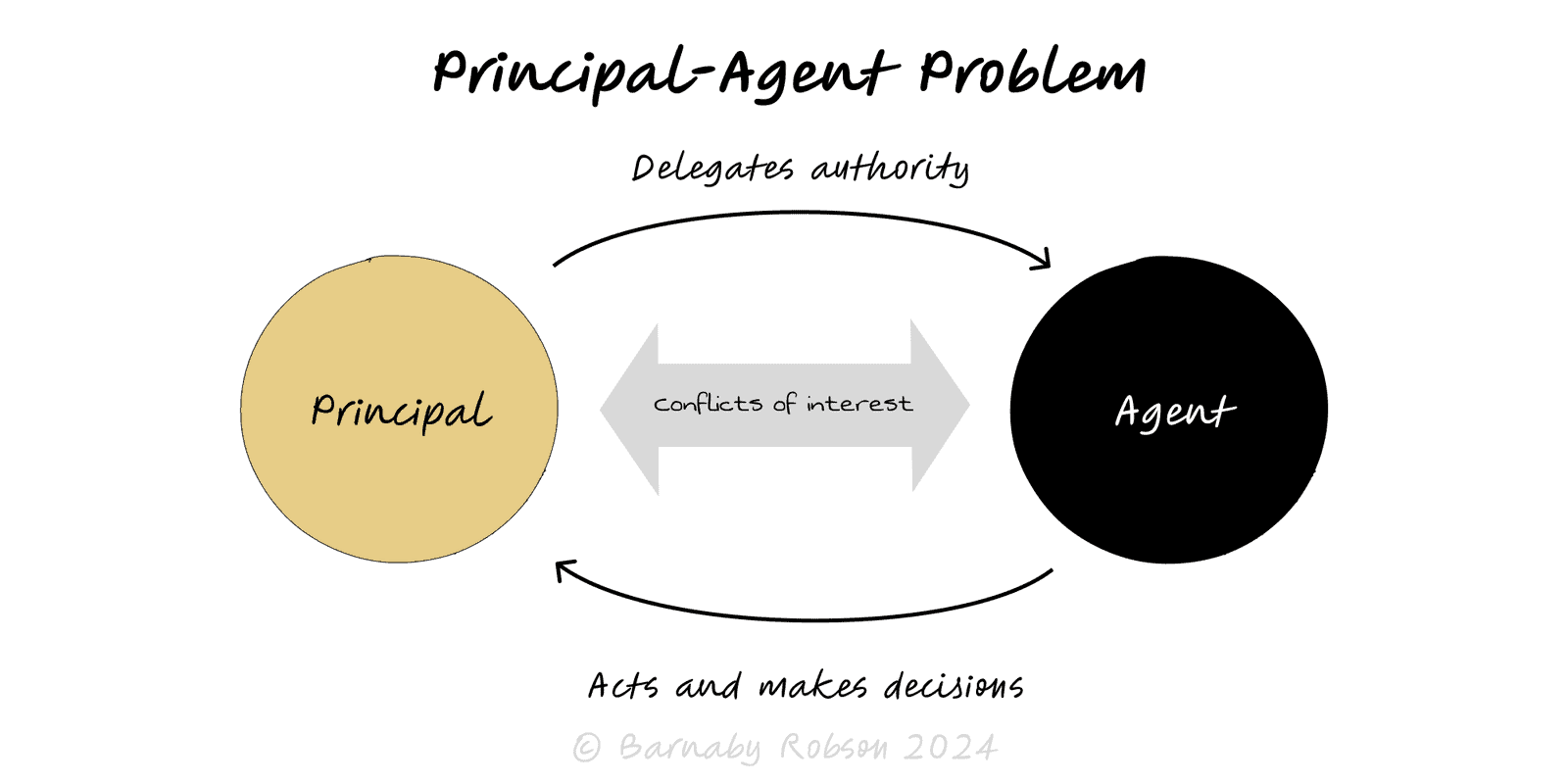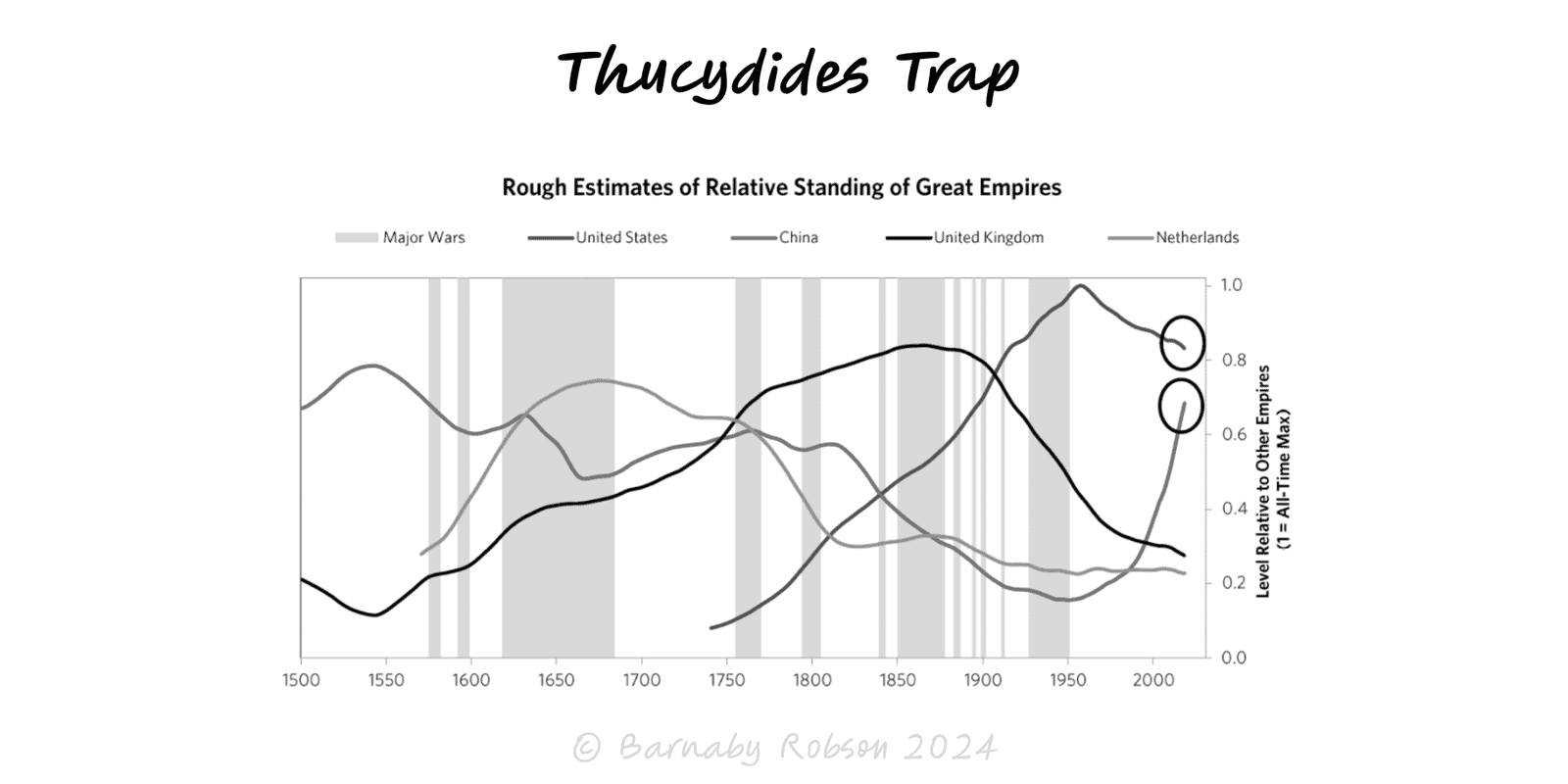Principal-Agent Problem
When decision rights are delegated, agents optimise their own payoff under information asymmetry. Without smart contracts and governance, effort, risk and horizon drift away from the principal’s goals.
Author
Economics/contract theory (Jensen–Meckling; Akerlof; Holmström)
Model type



